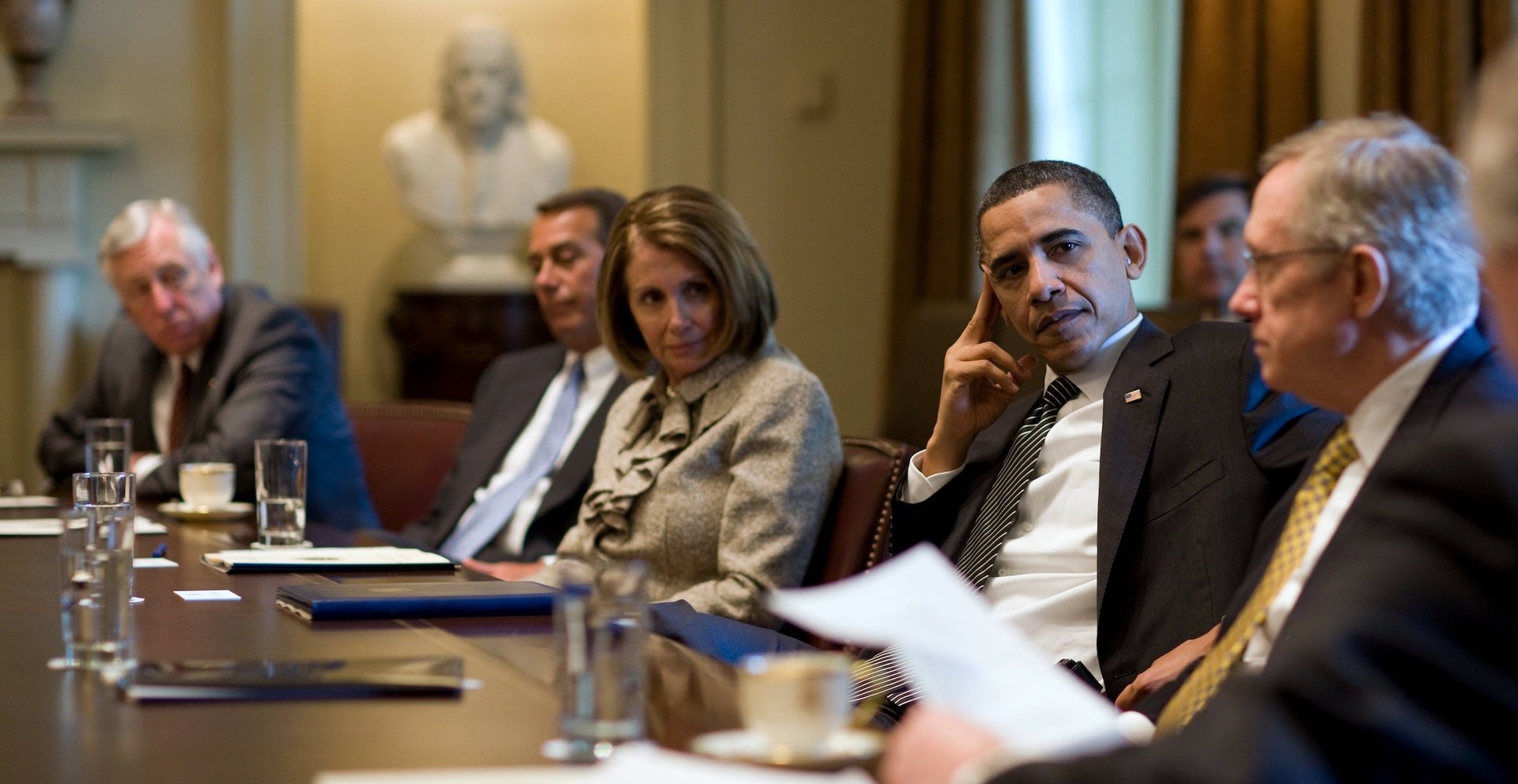You can thank Obamacare for that raise
In the US, health insurance has long played an important role in choosing where to work. Under Obamacare—the major health-care overhaul now being rolled out in fits and starts—that could change.


In the US, health insurance has long played an important role in choosing where to work. Under Obamacare—the major health-care overhaul now being rolled out in fits and starts—that could change.
“We’ll see more individuals who are not getting insurance from employers—more will take compensation terms of wages rather than of in-kind benefits,” says Craig Garthwaite, a professor at Northwestern University’s Kellogg School of Management. Garthwaite, a microeconomist, has studied something known as job lock, the idea that some people are stuck working at jobs simply because they need health coverage.
Job lock has gotten a bit of attention lately—it was even featured on the Daily Show with Jon Stewart—amid a growing debate over how the Affordable Care Act will affect supply and demand in the US labor market. Last week, a Congressional Budget Office report estimated that poorer Americans will likely work less in order to avoid losing access to subsidies to buy health insurance. Such decisions could cost the equivalent of 2.5 million jobs by 2024, according to forecasts from the nonpartisan government agency.
Garthwaite argues that Obamacare could have benefits too. Older workers who are holding onto jobs in an attempt to cling to health insurance coverage might be more willing to retire, opening up positions for younger workers. In theory, younger workers should also enjoy additional freedom to leave jobs, secure in the knowledge that they’ll be able to get insurance on public exchanges. Previously, the alternative to sticking with an employer was a very expensive individual market, depending on a spouse’s health insurance, or just doing without. (Those with serious health issues might not have been able to get insurance at all.)
Loosening of the linkages between employment and health insurance could benefit another group of economic actors: Small business people. Under the traditional system of health insurance, small employers were disadvantaged. Without the negotiating heft of major corporations behind them, they were forced to accept significant premium price increases. Those price increases filtered through to employees, either via higher premiums, lower wages, or health insurance plans of lesser quality. As a result, some small companies had a tougher time hiring top talent.
“I think that a minimum of what you’re going to see is small employers at less of a disadvantage recruiting the best and brightest who want benefits,” Garthwaite says.
The upshot? There are plenty of moving parts at play in Obamacare. (And plenty of problems left to be ironed out. For instance the online small business health care exchange won’t be up and running until November 2014, a one-year delay.) There’s also still a long way to go toward de-linking employment from health insurance, as Josh Barro points out at Business Insider, which could magnify the law’s positive effects more. But the inefficient US system of tying insurance coverage to employment is starting to change, and that could have a major impact on how much workers get paid.
“Anything that removes an inefficiency affecting the mobility of workers will change their bargaining position,” Garthwaite says. “I can think of a bargaining model where that will raise wages.”